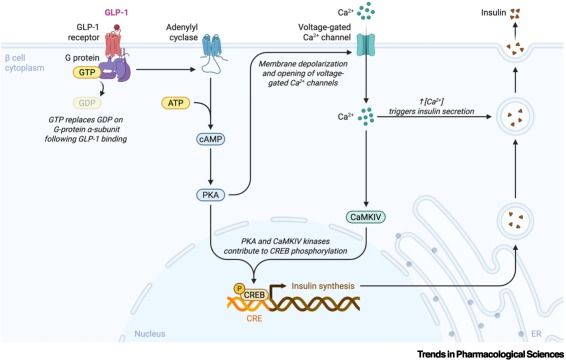
www.cell.com/trends/pharm...

www.cell.com/trends/pharm...




www.cell.com/trends/pharm...

www.cell.com/trends/pharm...





www.cell.com/nobelprize
Read an article by Shimon Sakaguchi, #NobelPrize winner, published in Cell Press Trends in Pharmacological Sciences
www.cell.com/trends/pharm...

www.cell.com/nobelprize
Read an article by Shimon Sakaguchi, #NobelPrize winner, published in Cell Press Trends in Pharmacological Sciences
www.cell.com/trends/pharm...


Are you a #SciArtist who loves biochemistry?! A biochemist who also creates #SciArt?! 🖌️✨ Share your design - one will be selected to be featured on the cover of the January 2026 issue!
More info 👉 lnkd.in/edXQmmeg
#TIBS50 #CoverArt

Are you a #SciArtist who loves biochemistry?! A biochemist who also creates #SciArt?! 🖌️✨ Share your design - one will be selected to be featured on the cover of the January 2026 issue!
More info 👉 lnkd.in/edXQmmeg
#TIBS50 #CoverArt





